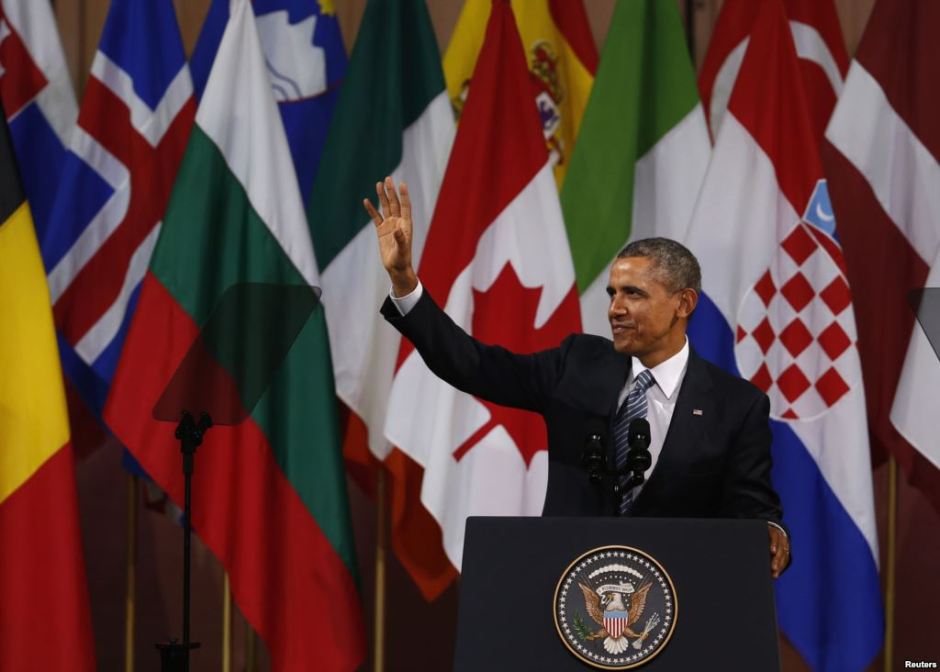President Barack Obama has promised to “systematically degrade” and “ultimately destroy” the Sunni jihadist organization Islamic State, and now he must make good on his ambitious pledge.
It’s a tall and complex order and it won’t be easy to fulfill. Indeed, Obama may fail. “This isn’t going to be fireworks over Baghdad,” said Obama in a reference to the American invasion of Iraq 11 years ago. Nevertheless, the United States is pouring all its monumental energies into the task, and Western countries such as Canada, Britain, France, Germany and Australia have also come on board.
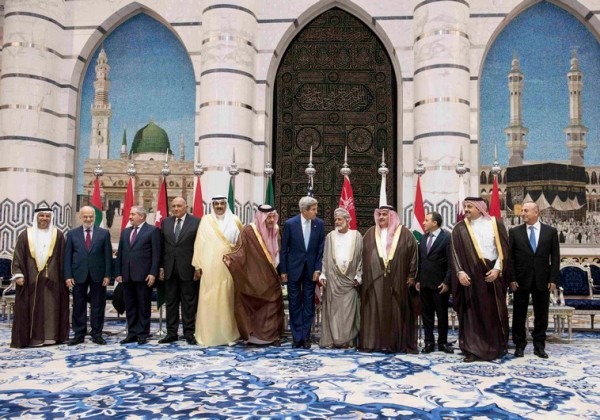
On Sept. 11, at a summit of 10 key Muslim states in the Saudi Arabian city of Jeddah, U.S. Secretary of State John Kerry officially launched the campaign to defeat Islamic State. Participants included Egypt, Jordan, Iraq, Lebanon and Qatar. In a communique, they pledged to share the burden with the United States of combating Islamic State. A few days later, several unnamed Arab states offered to carry out air strikes in support of the proposed campaign.
As Obama has suggested, the effort to confront Islamic State will be challenging and lengthy, will likely consume the rest of his presidency and will probably preoccupy his successor.
What it all means is clear. Once again, the United States is at war with radical Islam. It may be a generational struggle, much like the Cold War with Soviet communism and its allies from 1945 to 1991.
Before Islamic State was deemed as a major threat by Obama, the United States was already deeply embroiled in in countering terrorism in the Middle East.
The Sept. 11, 2001 Arab terrorist attacks on the American homeland, conceived and carried out by Al Qaeda, impelled the Bush administration to declare war on the Taliban in Afghanistan. Thirteen years on, despite American troop withdrawals from that country, the United States is still battling the Taliban, not only in Afghanistan but in neighboring Pakistan through drone strikes.
In March 2003, the United States invaded Iraq, deposing its authoritarian secular leader, Saddam Hussein. But the U.S. occupation of Iraq, which ended with the withdrawal of American troops by December 2011, was largely counter-productive. It eventually set off a sectarian civil war between the majority Shiites and the minority Shiites, hobbled U.S. efforts in Afghanistan, strengthened Iran and empowered the forces of Islamic fundamentalism by virtue of the rise of Al Qaeda in Iraq — which morphed into what is now known as Islamic State, a vile and brutal outfit that controls wide swaths of northern Iraq and Syria.
The United States supported the popular uprisings in the Arab world, which began in 2011. But with the possible exception of the grassroots rebellion in Tunisia, they have turned to dust, bringing back the old order in Egypt in a new guise, sparking a civil war in Syria, touching off a tribal war in Libya and leading to a change of government in Yemen, where the United States is currently conducting drone warfare against anl Al Qaeda affiliate. And in Somalia, a certifiably failed Muslim state, U.S. drones have also exacted a toll on Islamic radicals.
In the past three months, Islamic State — whose priority is to create a caliphate in the Middle East and erase colonial-era borders — has emerged as the greatest threat to American and Arab interests in the region.
The reasons are clear.
Islamic State, in command of an army of 20,000 to 30,000 well-equipped fighters, has gobbled up huge tracts of land in Iraq and Syria, seized the Iraqi city of Mosul, ruthlessly killed members of non-Muslim minorities, captured U.S. and Soviet weapons and military equipment from the Syrian and Iraqi armies and beheaded two American journalists and, most recently, one British aid worker.
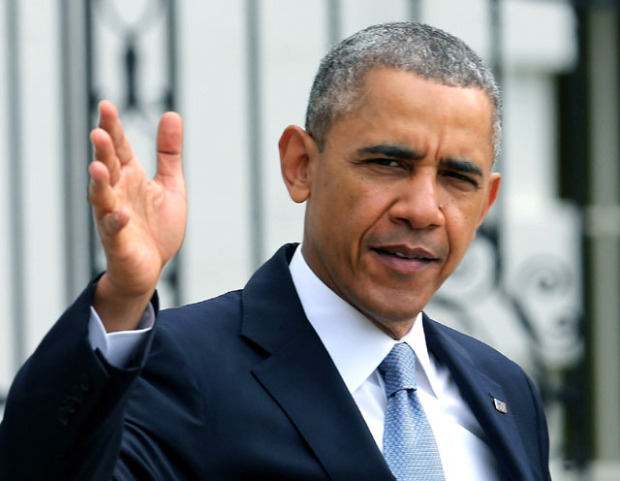
It would appear that the video taped beheadings of James Foley and Steven Sotloff, both of whom were taken hostage in Syria, were the catalysts that finally convinced the Obama administration to go after Islamic State seriously. The United States had already bombed Islamic State bases and convoys in Iraq, having taken this step after Islamic State seized Iraq’s biggest dam and persecuted and slaughtered Iraqi Christians and Yazidis.
As far as the Obama administration was concerned, the barbaric murders of Foley and Sotloff were the final straw, casting the die for a much larger U.S. operation against Islamic State in Iraq as well as in neighboring Syria.
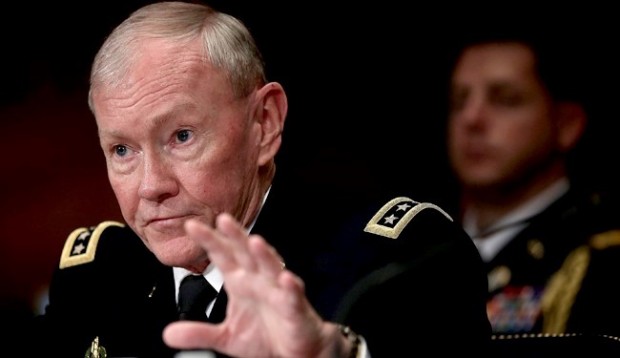
Last summer, when Obama contemplated the possibility of resorting to air strikes against Syria after the Syrian regime gassed rebels with chemical weapons, Gen. Martin Dempsey, the chairman of the U.S. Joint Chiefs of Staff, warned that they would cost billions of dollars and result in “unintended consequences.” A year later, with the United States preparing to launch aerial bombing raids in Syria, Dempsey has been careful not to accentuate the negative. Instead, he has said that Islamic State cannot be defeated unless it is subdued in Syria.
This is true.
It’s in Syria where Obama’s plan to obliterate Islamic State will succeed or fall flat. By all accounts, the United States intends to deploy fixed-wing aircraft and drones to inflict heavy blows on Islamic State. Ultimately, though, air power alone will not suffice. “Boots” on the ground will have to finish the job.
Since Obama has no intention of sending U.S. combat troops into Syria, he will have to rely on the Syrian rebels, 2,000 to 3,000 of whom already have been trained by U.S. Special forces in Jordan. Washington, which has supplied the moderate Syrian opposition with light arms, ammunition and anti-tank missiles, has set aside $500 million to train an additional 3,000 rebels over the next year.
There are literally hundreds of militias fighting President Bashar al-Assad’s Alawite Baathist regime, but they’re riven by fierce infighting over ideology and final goals. Moderate nationalists, like the Free Syrian Army, want to build a forward-looking nation that is the antithesis of Assad’s stifling secular police state. Religious-oriented outfits, such as the Nusra Front, dream of constructing an Islamic state underpinned by Shariah law. Their sharp differences notwithstanding, these diverse groups have sometimes fought in the trenches together, blurring their disagreements.
Over the past two years, Islamic State — which holds the northern Syrian town of Raqqa and has overrun Syrian military bases and oil fields — has become the strongest militia, attracting recruits from Syria and abroad.
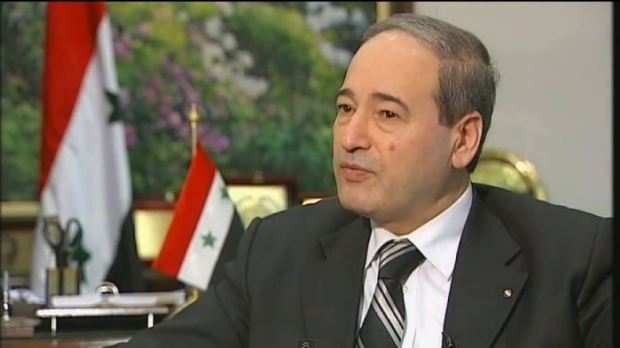
The Syrian government, shunned by the Obama administration, would like nothing better than to fight Islamic State in coordination with the United States, as Faysal Mekdad, Syria’s deputy foreign minister, said on Sept. 11. In a reference to Islamic State, he noted that Syria and the United States are up against “the same enemy.”
True enough, but official cooperation between Washington and Damascus is unlikely, as it would signify American recognition of the Assad regime and its violent response to the uprising. In all probability, then, the United States will have to rely on its own air power, plus U.S.-trained Syrian rebels, to batter Islamic State into submission. But is this a realistic scenario? Maybe not, since the rebels are weak and internally divided.
Another element which must be factored into the equation is Iran, a close ally of Syria, Hamas and Hezbollah. Iran — whose militarized nuclear program and hegemonic regional objectives the United States ardently opposes — wants to crush Islamic State, too.
Aaccording to Kerry, the United States has no plans to coordinate with Iran, which has dispatched advisors and troops to Iraq to fend off Islamic State’s rampage. Nor would it be “appropriate” for Iran, the preeminent Shiite power, to attend an international conference on Iraq scheduled to be held in Paris next week, he said.
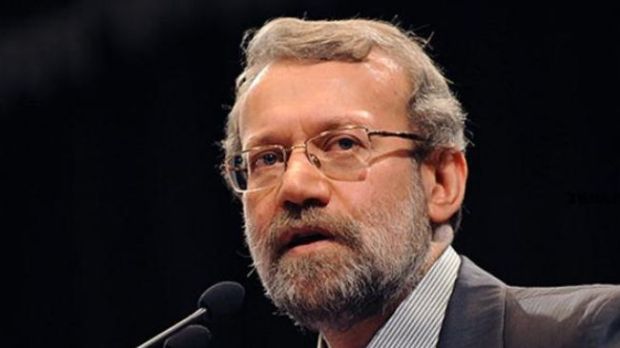
Stung by Kerry’s comments, the speaker of Iran’s parliament, Ali Larijani, warned the United States not to attack Syria on “the pretext of fighting” Islamic State, which, the Iranian leadership ridiculously claims, was expressly formed by Washington to divide and rule the Middle East.
Israel — which has provided the United States with intelligence and satellite images of Islamic State positions — has warned Washington that the battle against Islamic State should not unintentionally strengthen Shiite radicalism or draw attention away from Iran’s nuclear program.
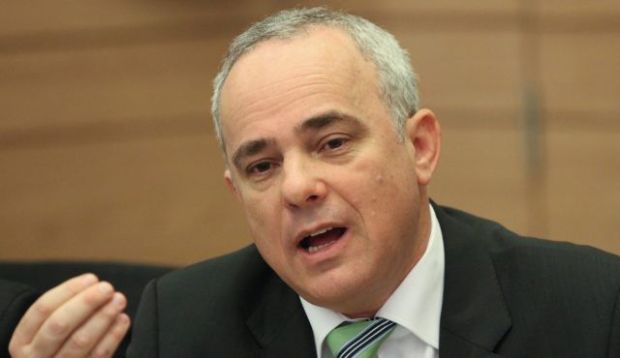
“Islamic State is a five-year problem,” observed Israeli Strategic Affairs Minister Yuval Steinitz. “A nuclear Iran is a 50-year problem.”
Clearly, the United States will have to take Israel’s legitimate fears into account as it gears up for an all-out war against Islamic State.
